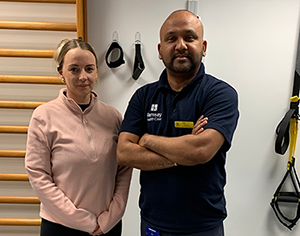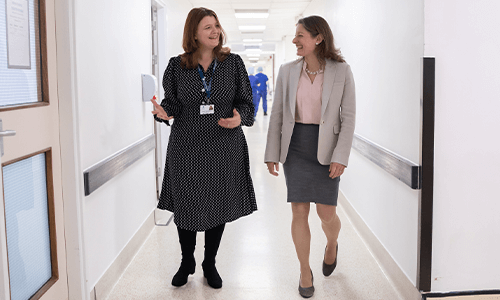Rheumatic disease refers to arthritis and other conditions that affect your joints, tendons, muscle, ligaments, and bones.
The most common rheumatic diseases include:
Osteoarthritis - a slow-developing degenerative joint disease that weakens your bones and makes them fragile and more likely to break.
Rheumatoid arthritis (RA) - a long-term inflammatory joint disease where your immune system attacks healthy cells. It causes pain, swelling and stiffness in your joints, usually in your hands, feet and wrists.
Other common rheumatic diseases include:
Fibromyalgia - a long-term condition that causes pain all over your body, sleep problems, fatigue, and often emotional and mental distress.
Gout - a common form of inflammatory arthritis that causes sudden and very painful joint pain, usually in your big toe joint.
Lupus - a chronic autoimmune condition where your body’s immune system attacks your tissues and organs and causes joint pain, skin rashes and tiredness.
Psoriatic arthritis - can cause pain, swelling and stiffness in and around your joints if you have the skin condition psoriasis.
Osteoporosis – when your bones become weak as they lose density often due to ageing and can result in broken bones, typically in your wrist, hip or spine.


